'The same-sex marriage debate' by Peter Rose
For decades, centuries, millennia, homosexuals (here as elsewhere) have been insulted, blackmailed, beaten, incarcerated, and murdered. Even now, homophobia and violence towards homosexuals remain principal causes of suicide and despair in our society, especially among young males. In numerous countries, homosexual acts are illegal and punishable by death or imprisonment. Remember those two young men in Aceh – our neighbour and ally – who were flogged and reviled in public? Only a fool or a bigot would suggest that homosexuals have never had it so good.
In Australia, the hard-won reforms of the 1970s and 1980s – absurdly belated yet ferociously contested in some states – came just in time. National self-respect is not endlessly plastic.
Yet the cultural warriors, serenaded by their ‘choir of the just’ in the media and the churches, still seem convinced that homosexuals are submissive, pliable, endlessly patient – forever grateful for the scraps of humanity they have been vouchsafed.
The recent debate about same-sex marriage has been one of the most unseemly episodes in our recent history. A legal entitlement that has been endorsed by untold opinion polls – with clear majorities across the country – has again been delayed because of internecine strife in the federal coalition. A postal ballot with dubious legal weight or status will further delay same-sex marriage and result in a divisive public debate – at quite a cost too. How far would $120 million go in our schools, our hospitals, our theatres, our laboratories? Yet again, gays and lesbians (plus their children) will be talked about and debated in ways that heterosexuals would find insufferable.
Do these people – these conservatives with their furrowed brows and anxieties – never stop to consider the indecency of judging our readiness or entitlement to behave like everyone else? Do they never consider our feelings during these torrid and tendentious debates? Do we not have organs, feelings, passions? If you prick us, do we not bleed? Are we such misfits, such nonentities?
How would these stalwarts like to have their morality, their fitness to marry, their sheer legitimacy incessantly debated, as if they were not even present in the room? One thinks of thoughtless parents gossiping about vexing children seated a few feet away – taking it all in.
Well, we have come this far, and we will not go back, and we will not be patronised indefinitely. Something ugly happened in August, and it will not easily be forgotten or excused. We know why these cultural warriors insisted on this postal ballot: to exploit unreason and to inflame prejudice.
Not all of us wish to marry. Some of us, truth be told, see no point in perpetuating that particular heterosexual model. But many gays and lesbians – law-abiding, tax-paying, peaceable citizens – do wish to marry. Why on earth should they be prohibited from doing so? What fool in government or the pulpit would seek to keep the loving and the loyal apart in the eyes of the law?
It says much for the power of love and the obstinacy of convention that a class that has been hurt and humiliated, taunted and trashed, imprisoned and grudgingly pardoned, should still crave acceptance in the eyes of government.
If and when this otiose and stupid opinion poll is conducted and reveals its likely message – overwhelming support for same-sex marriage – politicians would do well not to crow about it. There should be no homilies, no victory laps. Send us no salad bowls or condescensions. It will be years before some homosexuals forget the insults and fatuities of the past few weeks; years before the indignation and the bitter taste in our mouths have dissipated.
But if the bigots have their way and the No vote prevails, how craven Australia will seem in the eyes of most foreign countries. Already they look on us – with our British queen, our refugee policy, our freshened xenophobia – with mystification. A No vote would reinforce Australia’s reputation as an increasingly illiberal society – one burdened by prejudice and timidity.
For some of us, even more depressing than the homophobic pulse in this debate is the further evidence of a deep-seated and pathological fear of change in this country – change of any kind really. Few other wealthy, educated, secular societies are so unnerved by reform. It’s as if any reform – however harmless, sensible, popular, obvious – threatens the cultural warriors’ birthright or raison d’être. Remember Tony Abbott’s casual linkage of same-sex marriage with religious freedom and freedom of speech? What specious thinking and despicable tactics. How do fond exchanges of wedding vows threaten our freedom of speech? Abbott’s miserable interjections reminded us why he was unfit to be prime minister and why his premiership was so short-lived and inglorious.
If this innocuous social reform isn’t approved, there will be little hope for systemic reform in this country – little hope for major constitutional change or social advancement – and even less for civilised debate and intelligent politics.
Learn more about the Equality Campaign, a joint initiative of Australian Marriage Equality and Australians for Equality: www.equalitycampaign.org.au
You can listen to ABR Editor Peter Rose's Comment on the same-sex marriage debate here:


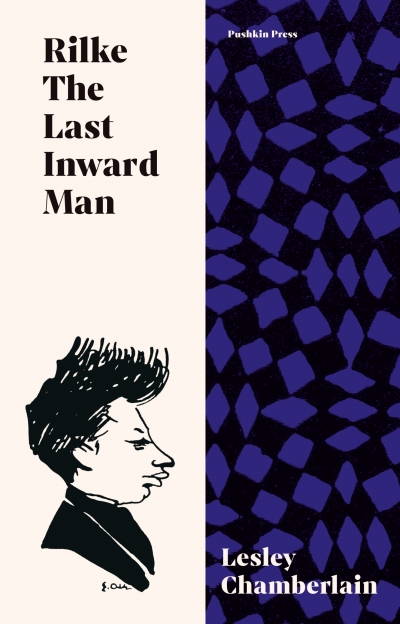
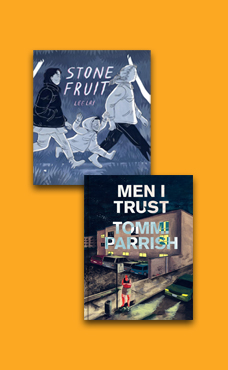
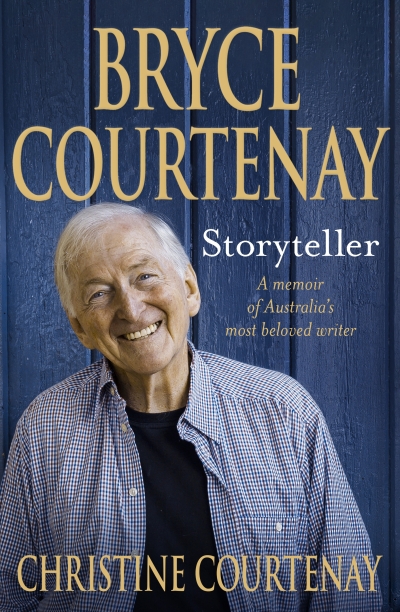
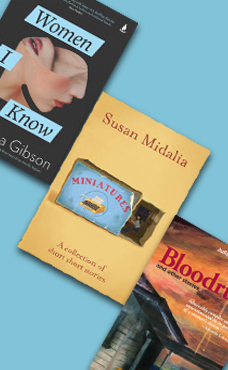
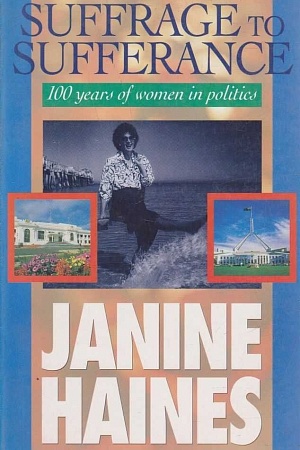

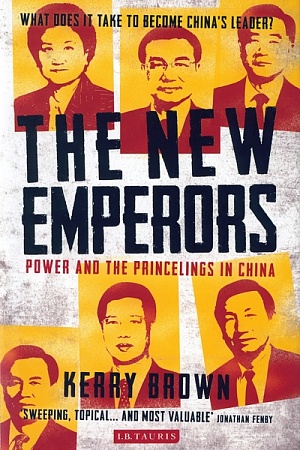
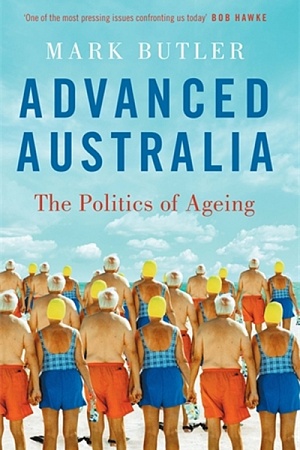
Comments (10)
I have been living in Paris for many years now, commuting to my old home on the Darling Downs in Queensland every two or three years. I have never taken French nationality and still vote in Australia. I voted “yes” today on the “Australian Marriage Law Postal Survey” to the question: “Should the law be changed to allow same-sex couples to marry”.
However, I tend to agree with those who consider that a survey of this nature should not be necessary. On the basis of its international treaty obligations, our federal government already has a constitutionally valid means of legislating for same sex marriage.
Homosexuality is a perfectly natural phenomenon, just like heterosexuality. There is no such thing in nature as “the norm of the heterosexual union”. Both heterosexual and homosexual unions are “normal”.
As Petter Boeckman, a zoologist at the Norwegian Natural History Museum of the University of Oslo, pointed out:
« No species has been found in which homosexual behaviour has not been shown to exist, ... a part of the animal kingdom is hermaphroditic, truly bisexual. For them, homosexuality is not an issue. »
Boeckman observes social advantages to the free expression of homosexual behaviour and adds :
« It has been observed that the homosexual couple are often better at raising the young than heterosexual couples. »
http://pactiss.org/2011/11/17/1500-animal-species-practice-homosexuality/
Religion historically regards homosexual sex acts as sinful, based essentially on an erroneous understanding of "natural law" (the law of nature) as shown by the results of the zoological research mentioned by Petter Boeckman.
Religious dogma is constantly proven wrong in its interpretation of nature by scientific research.
There is a perfume of "déjà vu" regarding the current debate on homosexual marriage, e.g., Galileo's condemnation for heresy when he declared in 1610 that the earth revolves around the sun.
Homosexual behaviour has never been noted to be a possible cause of the diminution or disappearance of any animal or plant species :
http://www.webofcreation.org/Earth%20Problems/species.htm
There is no objective reason to discriminate against either heterosexual or homosexual behaviour as regards the adoption and raising of children.
The role of the State should be limited to the public - not the private – sphere, as per Article 8 of the European Convention on Human Rights, “Right to respect for private and family life” :
http://ec.europa.eu/digital-agenda/sites/digital-agenda/files/Convention_ENG.pdf
.
https://www.spectator.com.au/2017/09/whats-changed-in-britain-since-same-sex-marriage/
• 30% of people state they have no religion (ABS, 2017), while only 8% are regular churchgoers (McCrindle, 2013);
• a majority of Christians support same-sex nuptials anyway (MacSmith, 2017); and
• “61 per cent of Christians are unhappy with conservative religious groups representing the views of all Christians, including 55 per cent of regular churchgoers” (MacSmith, 2017);
the term “unrepresentative swill” perhaps has a more contemporary application.
References
Australian Bureau of Statistics (ABS). 27 June 2017. 2016 Census data reveals “no religion” is rising fast. Retrieved from http://www.abs.gov.au/AUSSTATS/abs@.nsf/mediareleasesbyReleaseDate/7E65A144540551D7CA258148000E2B85?OpenDocument.
MacSmith, J. July 24, 2017. Australian Christians support same sex marriage according to new poll. Retrieved from http://www.news.com.au/lifestyle/relationships/marriage/australian-christians-support-same-sex-marriage-according-to-new-poll/news-story/8dc3f1808beada4a62a6e571748a6364.
McCrindle Research. March 28, 2013. Church attendance in Australia. Retrieved from https://visual.ly/community/infographic/lifestyle/church-attendance-australia.
Leave a comment
If you are an ABR subscriber, you will need to sign in to post a comment.
If you have forgotten your sign in details, or if you receive an error message when trying to submit your comment, please email your comment (and the name of the article to which it relates) to ABR Comments. We will review your comment and, subject to approval, we will post it under your name.
Please note that all comments must be approved by ABR and comply with our Terms & Conditions.